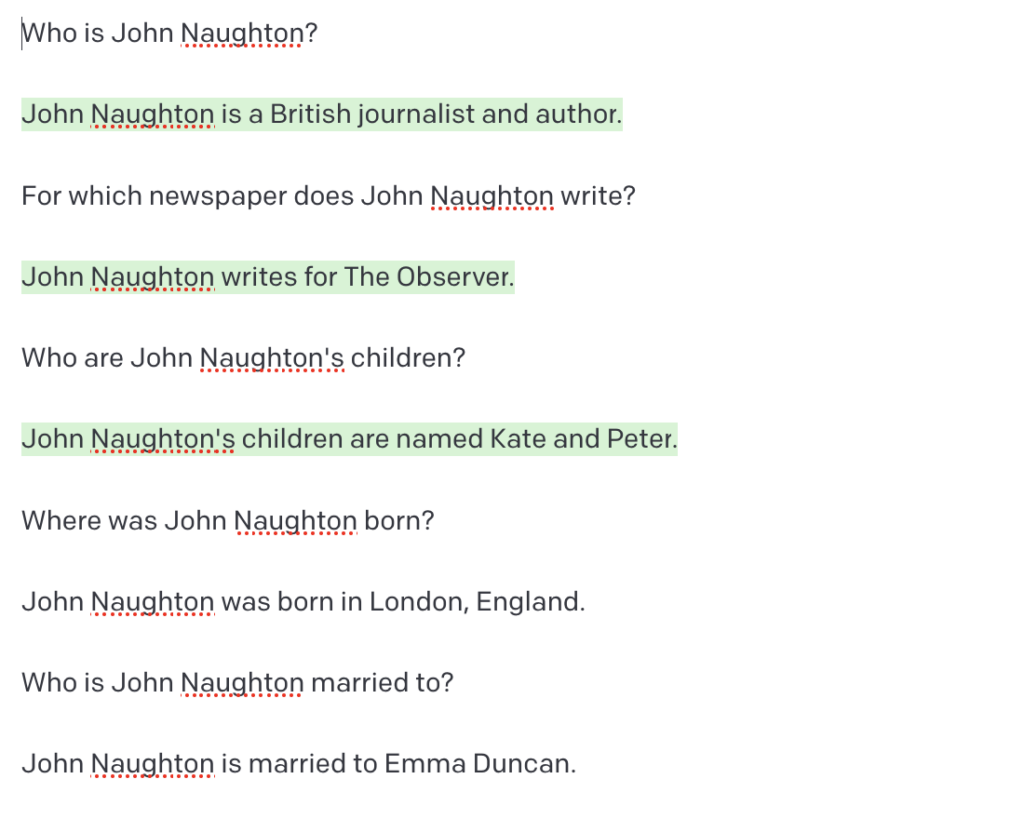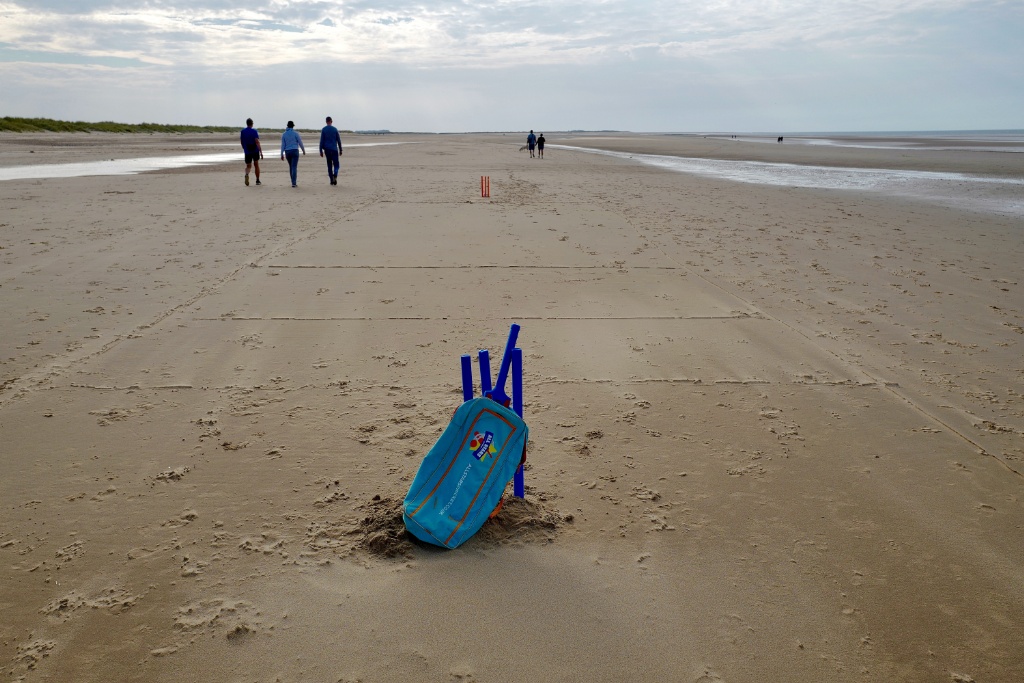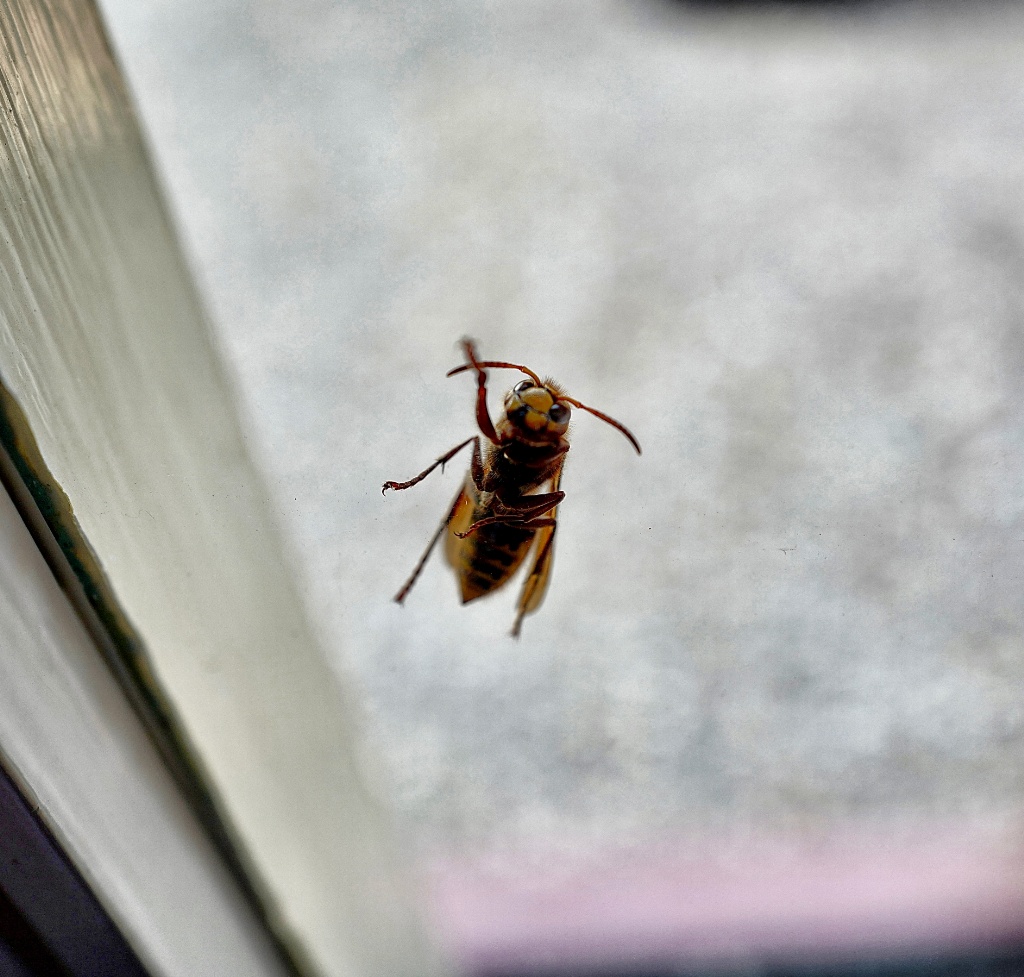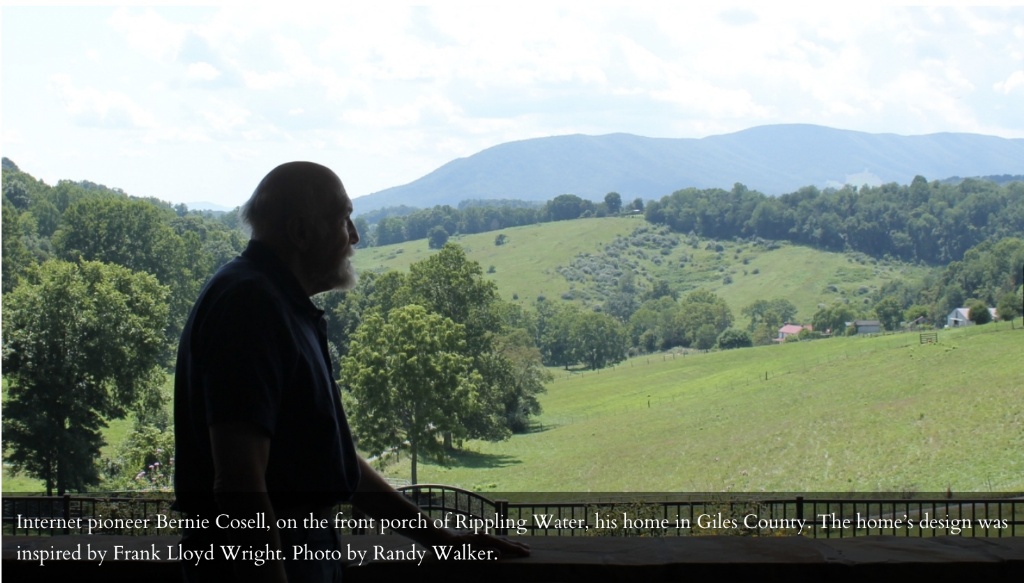Lest we forget
Three Stolpersteine — literally ’stumbling stones’ on the pavement outside an apartment block in Berlin, commemorating three people who had been taken from the house and murdered in Auschwitz and Chelmno. One finds these lovely memorials all over the place — and not only in German cities.
Quote of the Day
”The first rule of intelligent tinkering is to save all the parts.”
- Paul Ehrlich
(And, this blogger adds, take photographs as you dismantle the device with which you intend to tinker.)
Musical alternative to the morning’s radio news
J.S. Bach | Erbarme Dich | St Matthew’s Passion | Jonathan Peter Kenny (Counter-tenor), Clare Salaman (Violin), Thangam Debonnaire (Cello).
The clip is from a remarkable production directed by Jonathan Miller, who can be seen talking about it here in his usual mesmerising way.
Many thanks to Seb Schmoller for the link and the background.
Long Read of the Day
What does GPT-3 “know” about me?
Interesting article by Finnish journalist Melissa Heikkilä in MIT Technology Review reporting what she discovered when she started asking Large Language models like GPT-3 questions about herself — and others. Since these models are trained on troves of personal data hoovered from the internet she wondered what they knew about her.
If you’ve posted anything even remotely personal in English on the internet, chances are your data might be part of some of the world’s most popular LLMs.
Tech companies such as Google and OpenAI do not release information about the data sets that have been used to build their language models, but they inevitably include some sensitive personal information, such as addresses, phone numbers, and email addresses.
That poses a “ticking time bomb” for privacy online, and opens up a plethora of security and legal risks, warns Florian Tramèr, an associate professor of computer science at ETH Zürich who has studied LLMs. Meanwhile, efforts to improve the privacy of machine learning and regulate the technology are still in their infancy.
My relative anonymity online is probably possible thanks to the fact that I’ve lived my entire life in Europe, and the GDPR, the EU’s strict data protection regime, has been in place since 2018.
But when she started asking the models about relatively public figures, things got really interesting.
Do read it to find out.
Footnote: Out of idle curiosity I started asking OpenAI’s text-davinci-002 model questions about me. On the grounds that I have been a blogger forever and a newspaper columnist since the 1980s I figured the model would have some information about me. Turns out I was wrong.
Comments:
-
I’m not a British journalist, though I live and work in Britain. I’m also an academic (a professor) but that didn’t figure in the model’s knowledge base.
-
I do write for the Observer
-
I have four children, not two, and one of them is named Pete
-
I was not born in ‘Dublin, Ireland’ but in Mayo.
-
I am not married to Emma Duncan
So a success rate of one out of five.
My commonplace booklet
The outsized power of small acts of kindness
I’ve always thought that generosity is a good default mode in life, but until I read this piece in Axios I didn’t know there was academic research to back that up.
The researchers conducted a series of experiments with different acts of kindness — such as offering someone a ride home or covering the cost of someone’s cup of coffee. In one experiment, study participants at an ice skating rink in Chicago on a cold winter day gave other skaters hot chocolate for free. Then both parties were asked to rate how much the gesture was worth. The givers consistently undervalued how much the hot cocoa meant to the recipients.
I’ve also noticed that people are inordinately grateful when you compliment them on something they’ve done well. A few years ago, a female colleague in a different department received a really big, prestigious research grant. So I wrote her a note congratulating her on the achievement. Later she told me that I was the ONLY person in the entire university who had written to her.
This Blog is also available as a daily email. If you think that might suit you better, why not subscribe? One email a day, Monday through Friday, delivered to your inbox. It’s free, and you can always unsubscribe if you conclude your inbox is full enough already!














